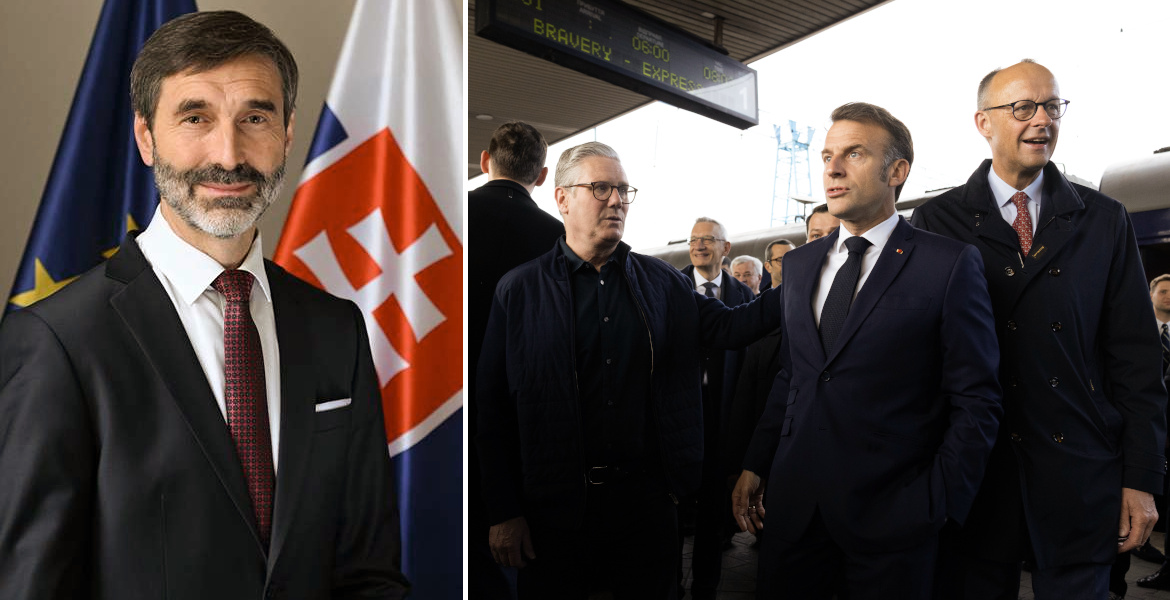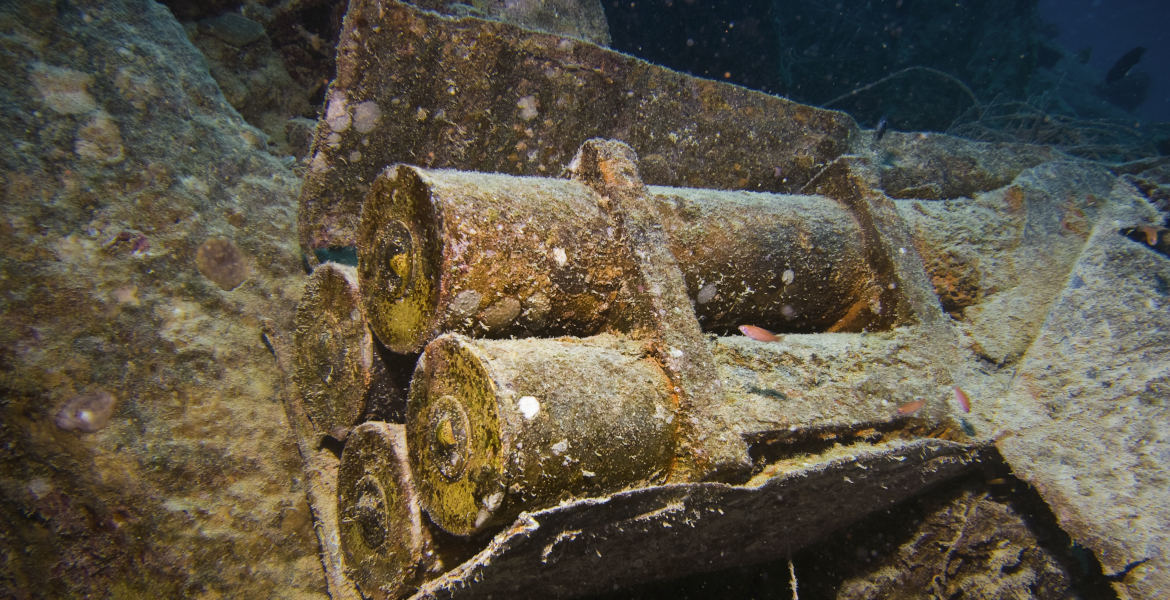Hungary may block EU sanctions against Russia if the Union’s policy is deemed to jeopardize Hungarian energy security, Foreign Minister Peter Szijjarto has said.
Budapest will only allow new sanctions if the current exemptions for Russian energy supplies are maintained, he said.
Already in December 2022, EU authorities banned the maritime transport of Russian crude oil as part of the sanctions campaign against Moscow due to the war in Ukraine. However, Hungary, Slovakia, and the Czech Republic insisted on – and were granted – exemptions from the measure, as there were no acceptable alternative supply sources available.
– The sanctions are being reviewed in a cycle of six months usually, and as long as the sanctions are on, these exemptions must stay there, because otherwise we would veto the sanctions, Szijjarto explained in an interview with Russian media.
According to the foreign minister, this is not a political position, but about securing the country’s energy supply.
Szijjarto also addressed Brussels’ plans to completely abandon Russian gas by 2028 – something he describes as a “absolutely irrational” and politically motivated decision.
“Dogmatic approach”
– This approach has nothing to do with physics, with economic competitiveness… with the green transition. This is purely a political commitment, and making political commitments in the field of energy simply doesn’t make sense, he exclaimed, accusing the EU of taking a “dogmatic ideological approach”, which Hungary cannot accept.
– You replace a source of energy in two cases – number one is if you are unsatisfied with cooperation… two – if you have a better offer… So why would we change an already existing source of energy based on reliable cooperation to something uncertain which on top of that is more expensive? he asked, referring to the EU’s attempts to source supplies from the Middle East and the US.
Today, about 70% of Hungary’s crude oil imports come from Russia, and earlier this year this was jeopardized when Ukraine stopped the transit of crude oil from Russian energy giant Lukoil via the Druzhba pipeline, citing sanctions against the company.
Budapest accused Kiev of “blackmail” and retaliation for its refusal to sever all ties with Russia. It also called on the European Commission to intervene, but was denied, and the issue remains unresolved.









